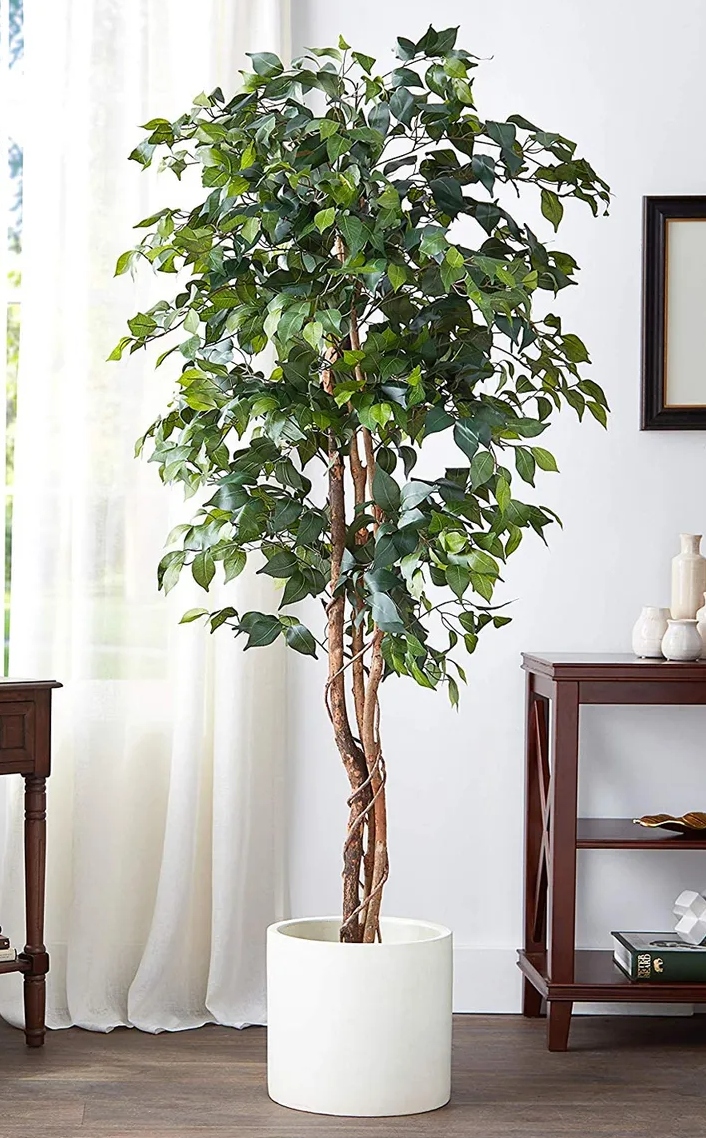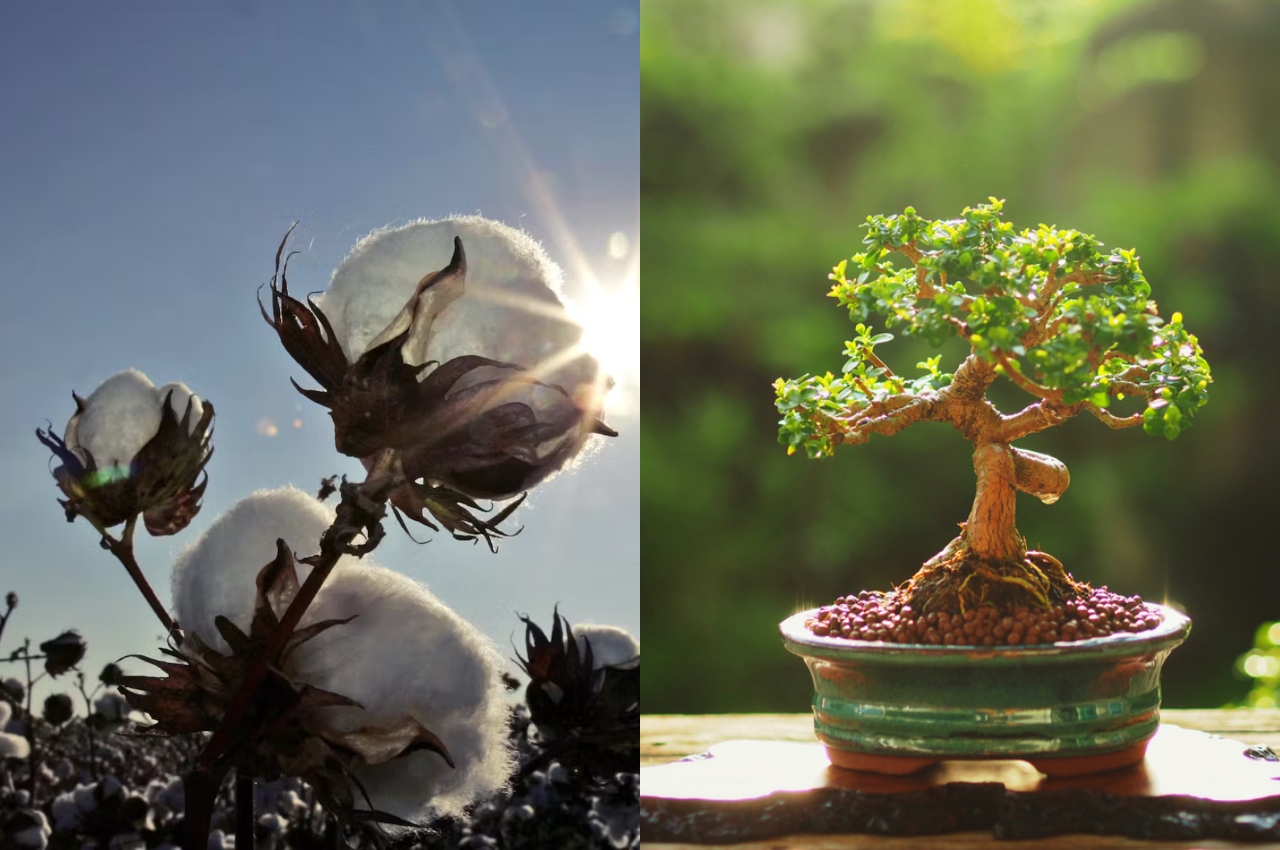Feng Shui: Feng Shui advises removing items from your home that deplete energy to create a home full of fortune and prosperity. Feng Shui experts advise doing the same when it comes to plants with low vibrations that could endanger your life.
You must remember, though, that certain plants can hurt your life and kill the good energy in the air. Despite their wonderful appearance, it is not recommended that these plants be grown indoors in Feng Shui.
Here are 8 bad luck plants for a home in Feng Shui:-
1. Bonsai
The term “bonsai” or “bon-sai” is Japanese. It is a form of container gardening practised by the Japanese. It refers to sword plants that have restricted development and are also known as “tray painting”. As a result, in Feng Shui, bonsai trees and plants with crimson blooms are regarded as unlucky plants. These species stand for stifled professional development, which can generate bad vibes and disrupt your orderly living pattern. They are not advised for your interiors as a result. You can keep them outside, though, in a garden or an open area.
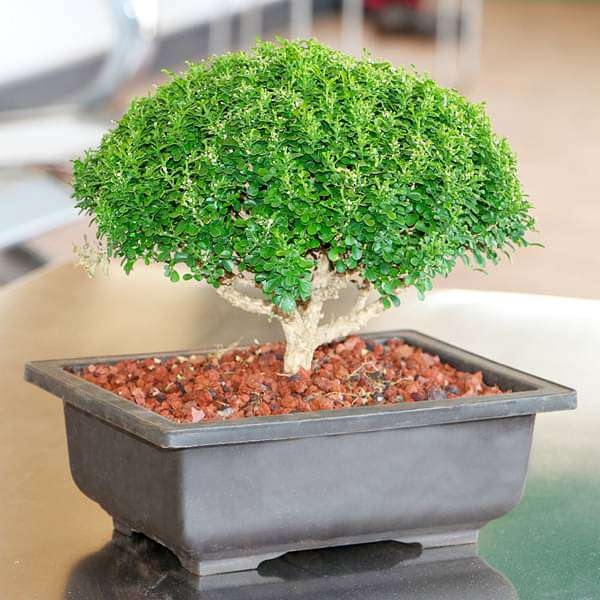
2. Tamarind and Myrtle
The tamarind and myrtle plants are thought to bring unfavourable energies and illness to the family members, according to Feng Shui. Tamarind is known in Hindi by its name Imli and myrtle as Mehnadi. It is advised against putting these plants inside the house because they are also connected to places where evil spirits reside. Additionally, you shouldn’t construct your home close to such trees.
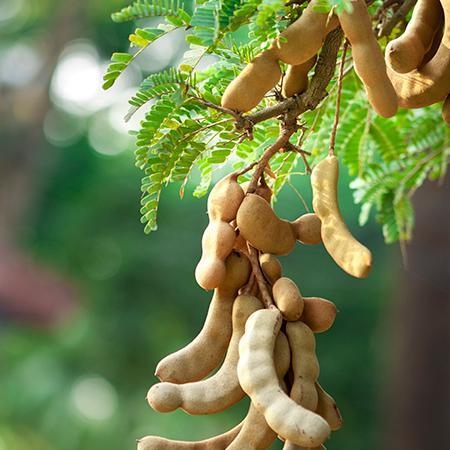
3. Cotton Plants
Cotton plants are perennial by nature, just like other plants. The plant’s bolls are thought to rip your flesh apart since they are spiky. Additionally, imitation cotton plants can accumulate dust in their cotton tufts and are difficult to clean. They are consequently viewed as unlucky in Feng Shui. Cotton plants are considered to have bad energy as well, making them unlucky houseplants.
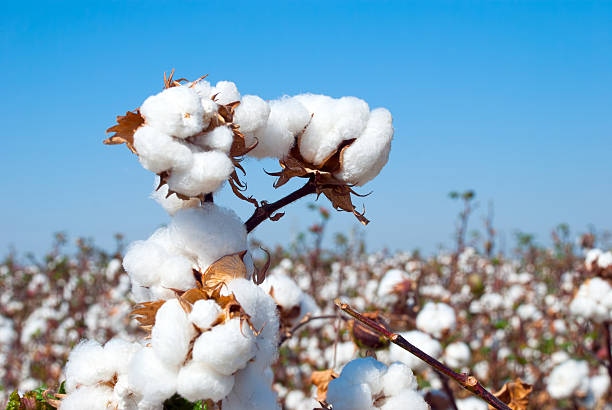
Also read:- Check out 5 Money plant benefits as per Feng Shui
4. Gum Arabic Tree or Babul Tree
The Gum Arabic tree, sometimes called babul tree, Egyptian acacia, or thorn mimosa, has lovely yellow blooms and is regarded as a healing plant due to its therapeutic characteristics. However, because of its thorns, it is regarded as a bad luck plant in Feng Shui. Experts in feng shui advise against maintaining the Babul tree at home.
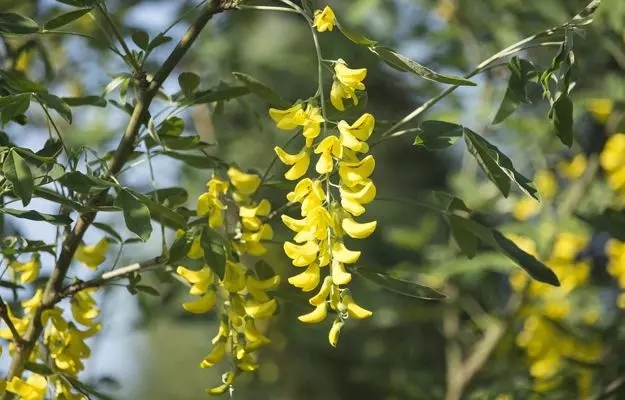
5. Weeping Fig
The weeping Fig, also known by its botanical name “Ficus Benjamina,” has a lovely appearance and is available in several different styles. Gorgeous white blossoms, thin branches, and dense, glossy black foliage are all characteristics of this plant. However, since weeping figs attract bad energy, they are not recommended to be used in Feng Shui dwellings.
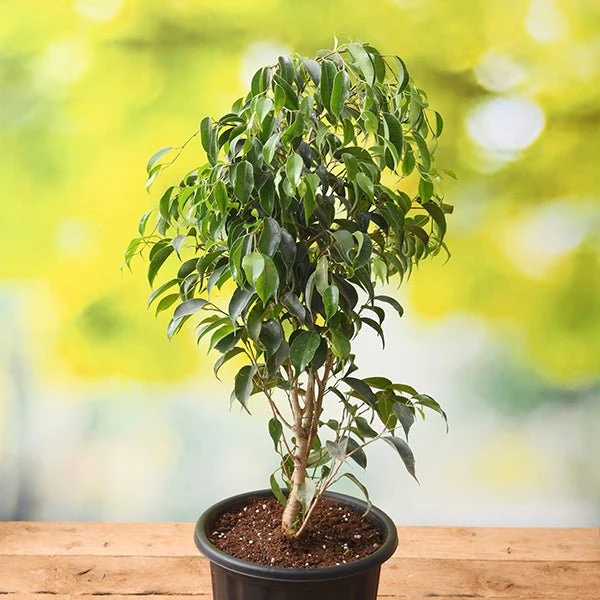
6. Crown of Thorns
The sprawling evergreen shrub known as “Crown of Thorns,” or Euphorbia Milii, has succulent branches with long, biting blackthorns. Although it makes a fantastic outside specimen, keeping it indoors is unlucky. The plant is thought to attract bad energy because it is prickly, covered in thorns, and poisonous.
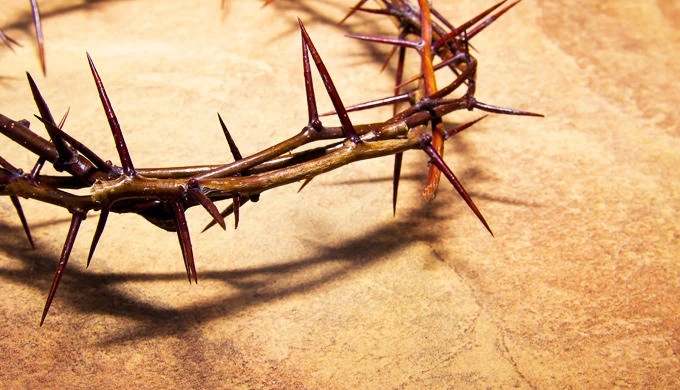
7. Dead Plants
Planting is done to bring freshness, tranquilly, and contentment to the area. Additionally, the dried-out and lifeless plants show harshness and lead to family disputes. Dead plants are attracted to negative energies and may harm local inhabitants’ health. Additionally, they clash with your stunning interior design.
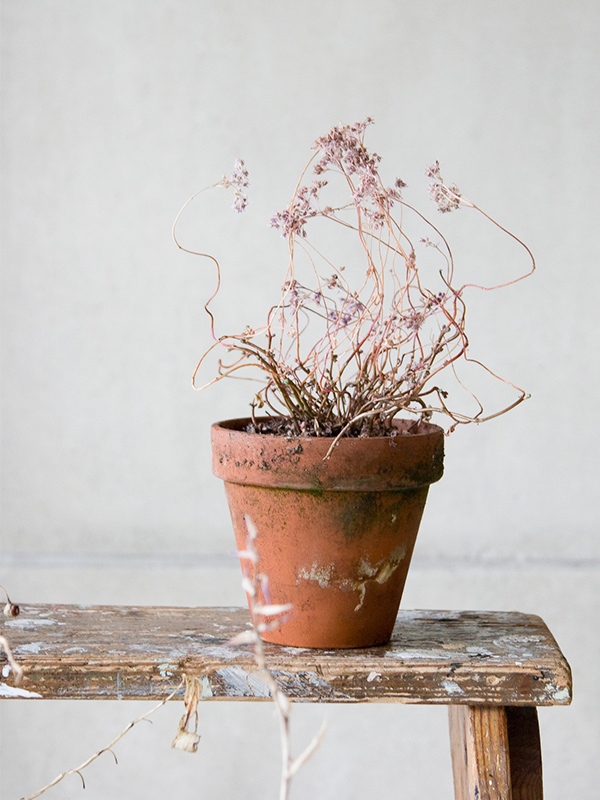
8. Fake Plants
Artificial or fake plants are not recommended for indoor use. As with genuine plants, these plants don’t significantly contribute to preserving the natural equilibrium in the atmosphere. In Feng Shui, they might not necessarily be considered unlucky plants, but they might get unclean and retain sluggish Chi energy. Remember to clean and dust artificial plants frequently if you set too many of them in your house. As soon as they begin to fade or appear to be in poor shape, don’t forget to replace them with fresh ones.
